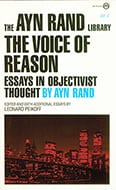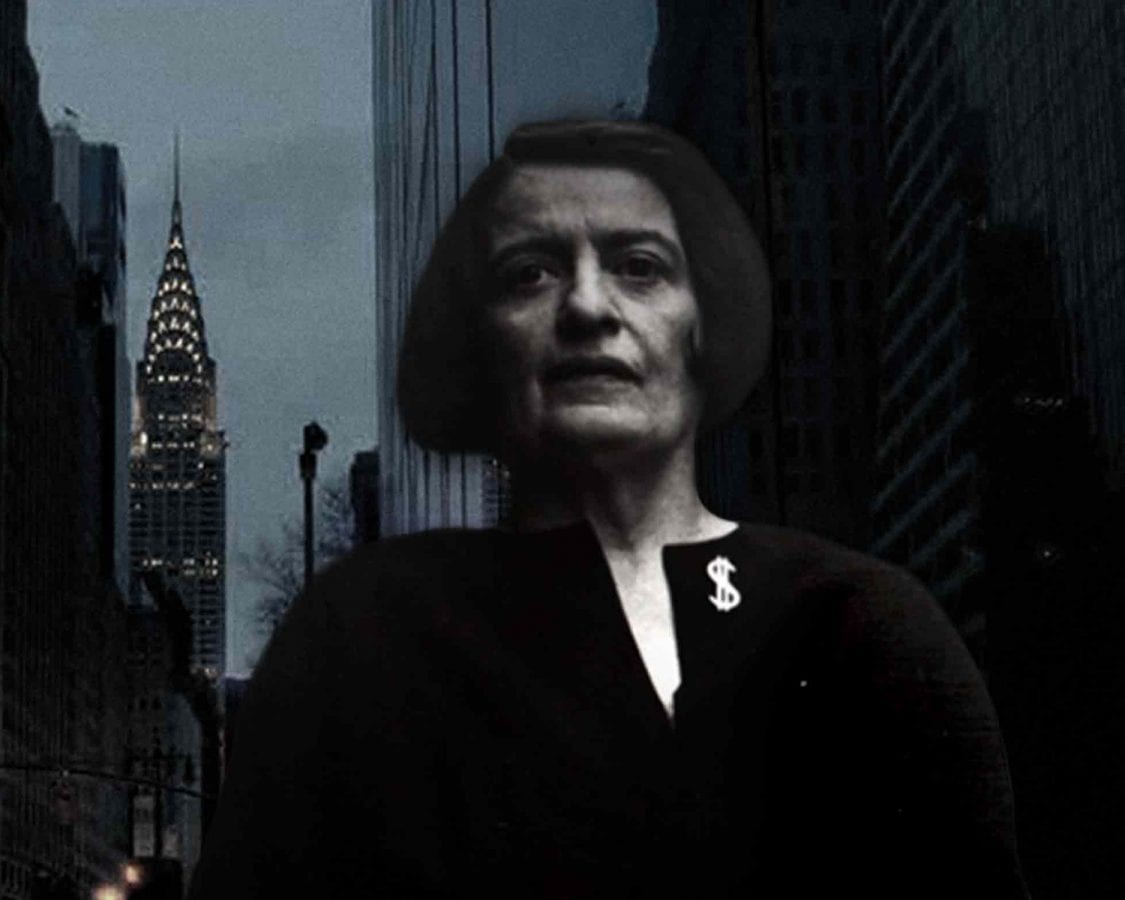The theme of Ayn Rand’s 1957 novel Atlas Shrugged is the role of the mind in man’s existence. In this passage from the novel, a distinguished brain surgeon explains why he left the field of medicine.
“I quit when medicine was placed under State control, some years ago,” said Dr. Hendricks. “Do you know what it takes to perform a brain operation? Do you know the kind of skill it demands, and the years of passionate, merciless, excruciating devotion that go to acquire that skill? That was what I would not place at the disposal of men whose sole qualification to rule me was their capacity to spout the fraudulent generalities that got them elected to the privilege of enforcing their wishes at the point of a gun. I would not let them dictate the purpose for which my years of study had been spent, or the conditions of my work, or my choice of patients, or the amount of my reward.
I observed that in all the discussions that preceded the enslavement of medicine, men discussed everything — except the desires of the doctors.
I observed that in all the discussions that preceded the enslavement of medicine, men discussed everything — except the desires of the doctors. Men considered only the ‘welfare’ of the patients, with no thought for those who were to provide it. That a doctor should have any right, desire or choice in the matter, was regarded as irrelevant selfishness; his is not to choose, they said, only ‘to serve.’ That a man who’s willing to work under compulsion is too dangerous a brute to entrust with a job in the stockyards — never occurred to those who proposed to help the sick by making life impossible for the healthy. I have often wondered at the smugness with which people assert their right to enslave me, to control my work, to force my will, to violate my conscience, to stifle my mind — yet what is it that they expect to depend on, when they lie on an operating table under my hands? Their moral code has taught them to believe that it is safe to rely on the virtue of their victims. Well, that is the virtue I have withdrawn. Let them discover the kind of doctors that their system will now produce. Let them discover, in their operating rooms and hospital wards, that it is not safe to place their lives in the hands of a man whose life they have throttled. It is not safe, if he is the sort of man who resents it — and still less safe, if he is the sort who doesn’t.”
About the Author
Ayn Rand
Ayn Rand created and defined her philosophy, Objectivism, in the pages of her best-selling novels, particularly The Fountainhead and Atlas Shrugged, and in a series of nonfiction books that address a wide range of fundamental issues in philosophy.
Born Alisa Rosenbaum in Tsarist St. Petersburg in 1905, Rand witnessed the Russian Revolution as a teenager and promptly condemned communism as immoral for sacrificing the individual to the collective. In 1926, shortly after graduating from the University of Leningrad, she fled to America, adopting the pen name Ayn Rand to shield her family from possible persecution once her anti-communism became well known.
In Hollywood, she wrote scenarios for famous director Cecil B. DeMille and met her future husband on a movie set, but the couple struggled financially for years. Then came a string of writing successes: a Broadway play, followed by her first novel, We the Living (1936), then a novella called Anthem (1938), and later her first best seller, the story of a fiercely independent architect named Howard Roark in The Fountainhead (1943). All these works of fiction feature gripping stories and exalted, egoistic, this-worldly heroes.
In writing Atlas Shrugged (1957) — the story of a man who said he would stop the motor of the world, and did — Rand had to define fully her new philosophy of reason, rational self-interest, and laissez-faire capitalism.
Thereafter, and until her death in 1982, Rand amplified and explicated her “philosophy for living on earth” in a stream of books whose theoretical essays and cultural commentaries cover important topics across the five major branches of philosophy: metaphysics, epistemology, ethics, politics and esthetics.







